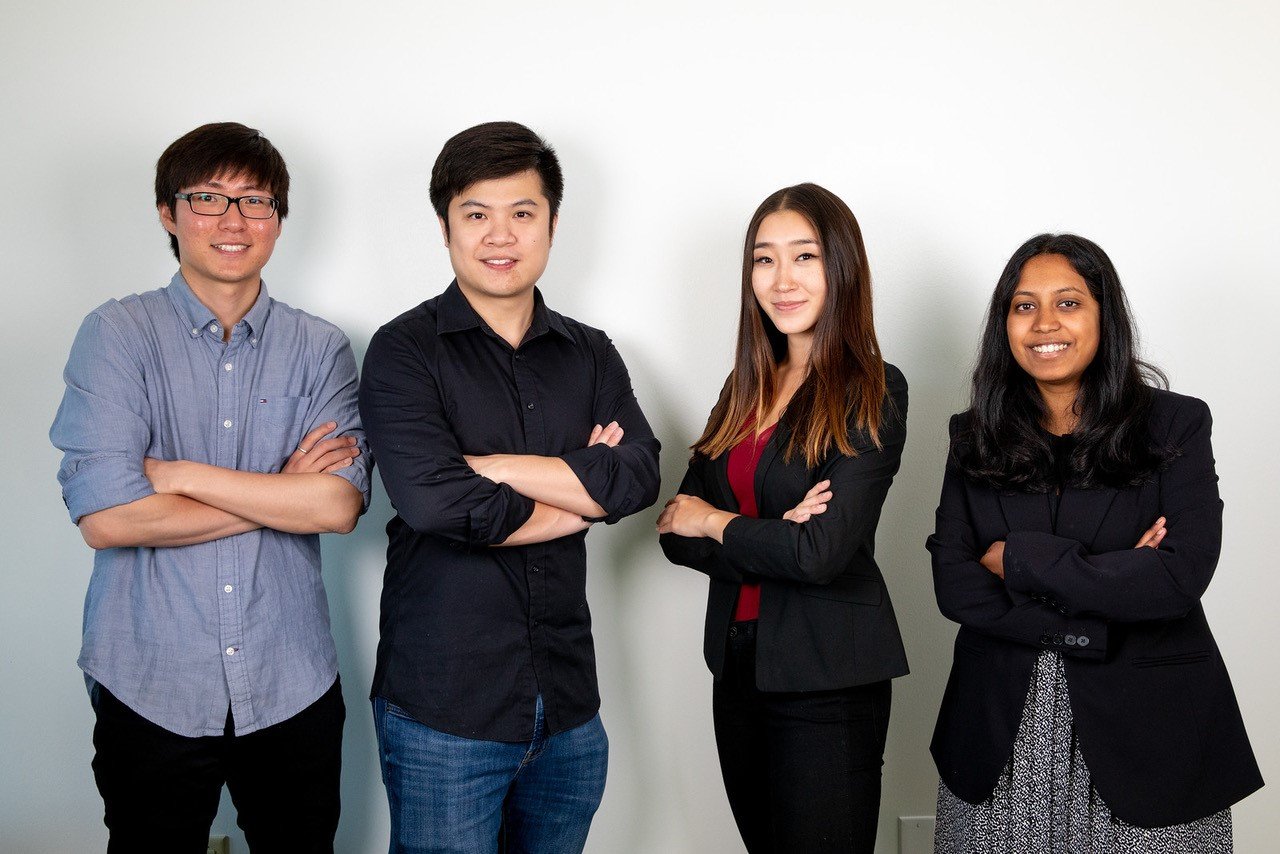Hindsight is 20/20 for Hiro Tien M.S. ’19 M.B.A. ’19, co-founder of Viralspace. The Daily first sat down with the Viralspace team, four Stanford students innovating a solution to digital advertising with user-generated content, in February. Tien now likens that stage to Viralspace’s fledgling phase. Half a year later, Viralspace has a new team, a refined mission and an updated business model.
Initially, Viralspace was a twist on a social media platform –– a marketplace for user-generated content, a community for influencers and a prediction tool for the virality of content. In June, Viralspace pivoted to become an enterprise software as a service platform and hone its focus on its virality-prediction tool, one that will help marketing teams decide what content to post in a more data-driven way.
“In hindsight, we realized … that [Viralspace] sounded like three different startups,” Tien said.
Between building a community, developing a marketplace and predicting engagement, “it was a lot of work focusing on three different things,” Tien said. “And we just started realizing that we might be spreading ourselves too thin.”
The team’s stint in Lightspeed Venture Partners’ Summer Fellowship program, he said, gave them the time and environment to meditate on the startup’s direction and value proposition.
When the team reflected on their goals and spoke to clients and investors, the team found that all three stakeholders were most excited by virality-prediction tool. This introspection prompted the nascent Viralspace to pivot.
Now, in Tien’s words, Viralspace is “an Artificial Intelligence (AI) first enterprise software that predicts the performance of visual assets for marketing teams at large companies.” Viralspace aims to increase engagement rate, reduce social media cost-per-click and eliminate the “guesswork” that marketing teams apply to visual marketing.
Viralspace’s virality-prediction algorithm is a multi-modal neural network that analyzes several features of a photo to predict virality, or how well it will perform on social media. Virality can be assessed using public data such as likes and comments. The tool extracts features such as “emotions,” “objects,” “colors,” “topics” and “words” from each image and assesses the effect of each feature on virality.
Tien believes that Viralspace’s biggest challenge is technical scaling.
“As with any AI, it takes a while for it to wrap its tentacles around a skill,” Tien said. “But once it does, it will accelerate with data network effects. So patience and trust from clients is vital as we train, refine and improve their models.”
The team’s makeup has shifted to support this technical mission. Viralspace hired Jake Hong as its full-stack software engineer when technical co-founder Ashwini Pokle left the team to pursue her Ph.D. Apoorva Dornadula M.S. ’19 and Michelle Lu ’19 remain on the team as co-founders.
Viralspace’s target market is companies in fashion, beauty and consumer packaged goods that rely the most on visual content for marketing.
According to Tien, Viralspace has helped to drive “30 to 70 percent lifts in engagement, conversion and returns on advertising spend” in four proof of concept clients.
Chubbies, a men’s shorts company, uses Viralspace’s engagement predictor to select the best images to post out of existing user-generated content. They broadcast these images to their 500,000 Instagram followers.
“At full scale, we would only post photos that the AI predictor tells will get to ‘X’ percent [engagement],” said the Senior Director of Brand Content at Chubbies.
Another client, the advertising and marketing agency Ogilvy, said that no other prediction tool matches Viralspace’s image feature extraction capabilities.
“[Viralspace automates] analysis of objects, colors, topics and words that drive engagement,” said Ogilvy’s Head of Social.
Viralspace recently closed its angel-investor funding round and is currently beginning to fundraise for its seed round. Viralspace hopes to reach a general availability launch by March 2020.
Contact Alex Tsai at aotsai ‘at’ stanford.edu.
Corrections: This article has been updated to reflect that Viralspace has helped to drive 30 to 70 percent lifts in engagement, not 30 to 50 percent. This article has also been updated to accurately reflect a client quote. The title “Director of Content” has been updated to “Senior Director of Brand Content.”
